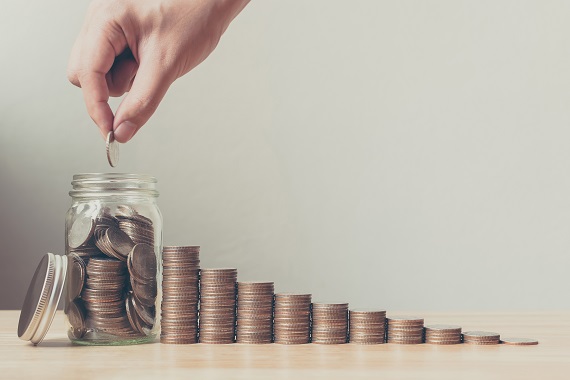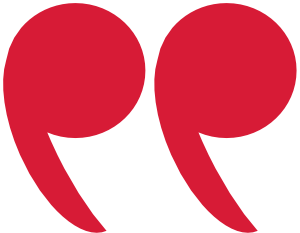"Cedric" contributed this article to NextInsight
|
8 years have passed since I left my civil service job. Looking back, it was one of the best decisions I've made: My investment skills and market acumen enhanced exponentially when I moved into an investment-related position.
Despite the social pressure of having peers in the Porsche league, I am comforted by the fact that I can lose my job today and continue to rely on my investment income for expenses without stress. Yes, I can go back to a $3000 a month job if I want too! :) Currently, my second biggest expense stems from housing. I am considering moving back to a 4--room HDB flat on a fully paid basis when I reached my Minimum Occupation Period. This is to treat housing as a consumption product rather than a stored value of wealth. Risks on the Horizon I am unlikely to sell off my house in my retirement years to fund my retirement. However, there are many people who are planning to cash out on their homes upon retirement 20 years later to fund their retirement. I have a bad feeling that the property market may hardly rise above the annual inflation rate. Hence, after selling one's home and paying accruals to CPF, there is hardly any cash left. Certain segments of the local economy are doing well. However, unemployment will continue to creep up and wages have to come down due to fintech disruption in EVERY job. |
As for investment, cashflow and yield continue to be the core of my investment thesis. Yes, I know CFA people advocate otherwise and dividend is just a function of share price, you can make your own dividends by selling piecemeal your shares. Well, that is textbook theory. Cashflow makes me more willing to hold on to an asset and I continue to assess its future cashflow potential everytime it makes payments to me.
I have amassed sufficient returns to spend more. Some luxuries in life make life more worth looking forward to. Simple economy class travel, good food, and self-improvement courses make me a better person. I will continue to spend money on things that add value materially or on a personal/spiritual basis.
Ok, what's my biggest expense? It is a happy problem. Income tax! I hope the problem comes every year!
Six years ago, I wrote about how much savings you need to be financially free. It works out to be between $720,000 - $900,000 in 2012 dollars. Recently, I recalculated and it seems that SGD $1 million is the new minimum.
Fixed Deposits versus Property
|
|
Let's work on various scenarios on how to spend and invest the $1M.
If you "invest" $1 million in fixed deposits that pay 1.5% interest per annum, this translates into a monthly income of $1250, or $41 per day.
It is possible to survive with this amount, assuming you do not have any spending on personal interests (unless it is kite flying or calligraphy), view only free to air channels with occasional pampered travel trips to Ubin or even Batam (furthest). Your main expenditure will be food, utilities, transport and personal effects/upkeep.
If you invest in our booming property market at $2,000 PSF, you can probably get a 500 square feet 1-bedroom (99-year leasehold) condominium on the city fringe earning a 2% net yield (after taxes and fees).
This works out to $20,000 a year, or $54 per day. This is a decent sum for survival but you really need to save hard for that year-end Bangkok trip on Scoot.
You probably can enjoy once-a-month restaurant visits with your family. Most of the time, you will be eating cai pen (mixed rice) and nasi lemak at your favourite hawker centre. You can't travel too far since you need to save money on transport. Ok, you definitely cannot afford to maintain a car even with $1M!
You might be reluctant to change your sofa and dining table even if you need to unless IKEA is having a sale.
| ♦ Active Investing | |
| $1M is not a big sum to rely on during retirement if one does not invest. In fact, having $1M and the lifestyle I have just described sounds devastating to anyone with 1M dollars to retire on! Is there a better way? Potentially, there is. In fact, tons of it.
REITS pay 5% to 8%, many are below book values. Telcos pay 5% to 7%, some have well-diversified income from different countries. Local bonds pay 4% to 6%. One upcoming IPO pays 4% p.a. and is collateralised debt with more than 300 companies with an A rating. In short, one just has to buy a basket of blue chips and bonds to earn an average of 5% per annum. It has been proven to be fairly accurately for the past 100 years. My target for my portfolio is 6% per annum. Usually, I will target 7%-10% as a buffer for any capital loss along the way. At 6% per annum, the average cash flow is $5,000 per month, I can probably afford a small car, 2 annual family trips, hobbies, sports, donations, and Netflix. It definitely sounds much better than a fixed deposit or property investment. With more money, you are likely to spend more on your well being and lead a more fulfilling and longer life. And the assumptions above? You have a fully-paid roof over your head on top of your $1M nest egg. Retiring in Singapore is tough. |



 I can lose my job today and continue to rely on my investment income for expenses without stress.
I can lose my job today and continue to rely on my investment income for expenses without stress.
If he taps on his 1m nest for his expenses, this passives will drop and over time might not be able to keep up with the escalating expenses and ends up withdrawing more. It’s a slippery slope which he might not be able to climb out